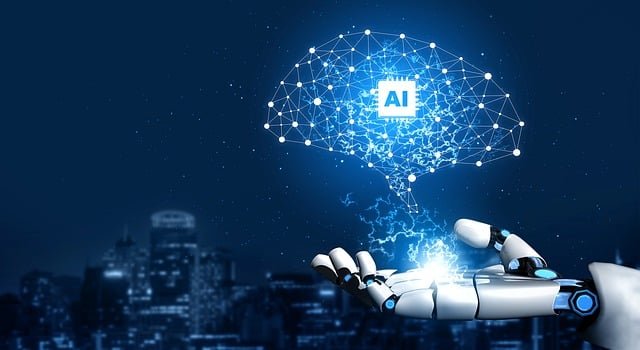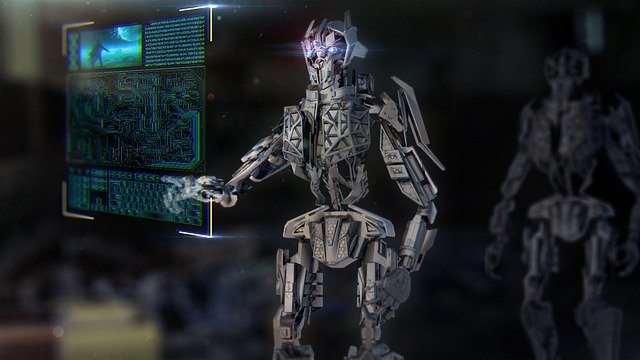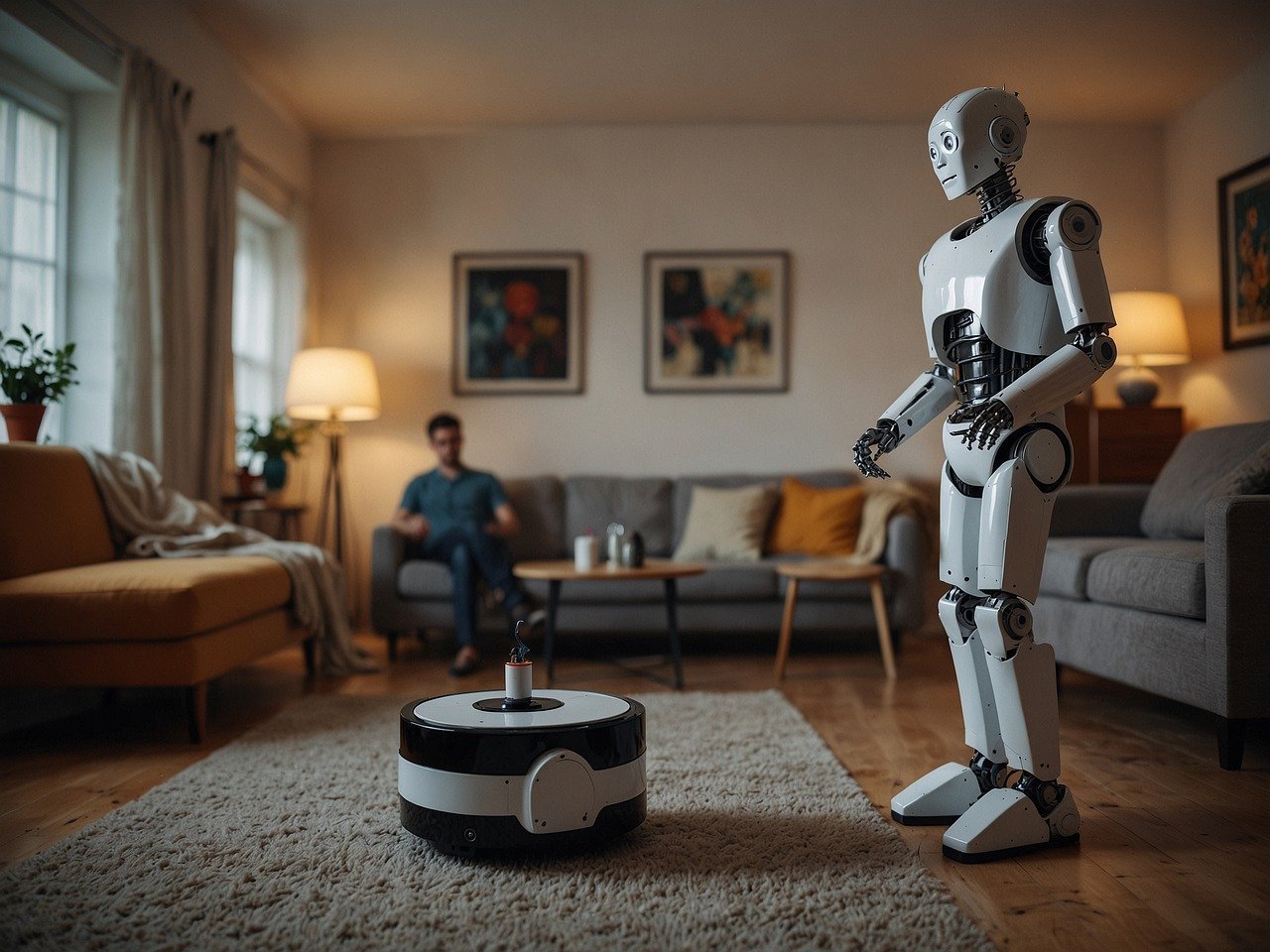Introduction
In the realm of artificial intelligence (AI), “intelligent agents” play a critical role in automating decision-making and solving complex problems. Whether it’s a recommendation system suggesting products or a self-driving car navigating traffic, intelligent agents are the backbone of many AI-driven solutions. This article delves into what intelligent agents are, how they function, and their significance in modern AI applications.
What Is an Intelligent Agent in AI?
An intelligent agent in AI is a system that perceives its environment, processes information, and takes actions to achieve specific goals. It operates autonomously, making decisions based on predefined objectives or learned behavior. These agents can range from simple software applications to advanced robots, depending on their complexity and purpose.
How Do Intelligent Agents Work?
Intelligent agents operate through a cycle of sensing, thinking, and acting:
- Perception (Sensing): The agent collects data from its environment using sensors, cameras, or input data streams.
- Decision-Making (Thinking): The agent processes the collected data and applies algorithms, rules, or learned models to determine the best course of action.
- Action (Acting): Based on its decision, the agent takes action to achieve its goals. This action can be physical, like a robot moving, or virtual, like updating a user’s recommendation list.
Types of Intelligent Agents
Intelligent agents are typically categorized into different types based on their complexity and capabilities:
- Simple Reflex Agents: These agents respond directly to stimuli without considering the broader context. For example, a thermostat that adjusts temperature based on current conditions is a simple reflex agent.
- Model-Based Agents: These agents maintain a representation of the world, enabling them to make more informed decisions. They consider both current inputs and past experiences.
- Goal-Based Agents: These agents act to achieve specific goals, making them more adaptable and capable of planning. They evaluate possible actions based on how well they align with their objectives.
- Learning Agents: These are the most advanced agents, capable of improving their performance over time. They learn from experience and adjust their behavior to achieve better results.
Applications of Intelligent Agents in AI
Intelligent agents are integral to a wide range of AI applications:
- Virtual Assistants: Agents like Siri, Alexa, and Google Assistant interact with users, perform tasks, and provide information based on voice commands.
- Autonomous Vehicles: Self-driving cars rely on intelligent agents to perceive their surroundings, make real-time decisions, and navigate safely.
- Recommendation Systems: E-commerce platforms and streaming services use intelligent agents to suggest products, movies, or songs based on user preferences.
- Robotics: In manufacturing and logistics, robots equipped with intelligent agents can perform tasks like assembling products or transporting goods.
Why Intelligent Agents Are Crucial for AI Development
Intelligent agents are essential for creating AI systems that can operate autonomously and efficiently. They provide the foundation for building adaptive, context-aware applications that can interact with real-world environments. As AI continues to advance, intelligent agents are likely to become even more sophisticated, enabling breakthroughs in areas like smart cities, personalized healthcare, and advanced automation.
Challenges and Ethical Considerations
While intelligent agents offer numerous benefits, they also raise important ethical and practical challenges. Issues like bias in decision-making, privacy concerns, and the potential for misuse must be addressed as these agents become more integrated into society. Ensuring transparency, accountability, and fairness in the development of intelligent agents is vital to building trust in AI technologies.
Conclusion
Intelligent agents are a cornerstone of AI, enabling systems to perceive, think, and act in ways that mimic human intelligence. From virtual assistants to autonomous vehicles, these agents are driving innovations that are transforming industries and everyday life. As AI technology evolves, understanding and harnessing the power of intelligent agents will be key to unlocking the full potential of AI.
This article is optimized with relevant keywords like “intelligent agent in AI,” “types of intelligent agents,” and “AI decision-making systems,” ensuring strong SEO performance while providing readers with valuable, clear, and practical insights.













Leave a Reply